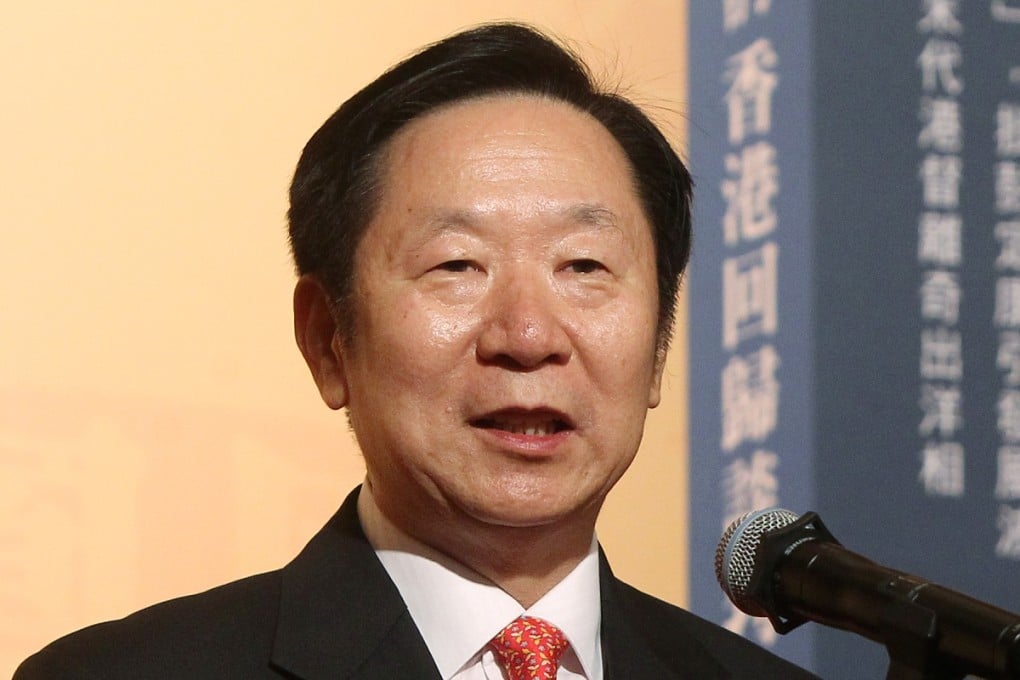Top Beijing adviser raps Hong Kong for lack of national security law
Top Beijing adviser Chen Zuoer puts Article 23 on the agenda as he joins chorus condemning city for falling behind its 'little brother'

A top adviser to Beijing on Hong Kong affairs has put the controversial idea of a national security law for the city back on the agenda by condemning it as "the only place in China" without such legislation.
Chen Zuoer, a former deputy director of the State Council's Hong Kong and Macau Affairs Office, also joined a chorus of Beijing-linked experts in comparing the city unfavourably to Macau in implementing "one country, two systems".
The remarks followed President Xi Jinping's two-day visit to Macau to celebrate the 15th anniversary of its handover from Portugal. In comments seen as targeting Hong Kong as much as Macau, Xi urged young people there to understand the "true meaning" of the "one country, two systems" model.
Analysts see the message from Beijing as signalling a tough line on the affairs of the two cities.

In an interview with Phoenix Television, Chen said: "In the implementation of 'one country, two systems', the 'little brother' Macau is ahead of the 'big brother' Hong Kong in certain aspects, even though its special administrative region was established later."
Taking national security as an example, Chen said Macau passed a law five years ago. "All provinces, autonomous regions, municipalities and special administrations in China have [enacted] national security laws but [not] Hong Kong," he said.